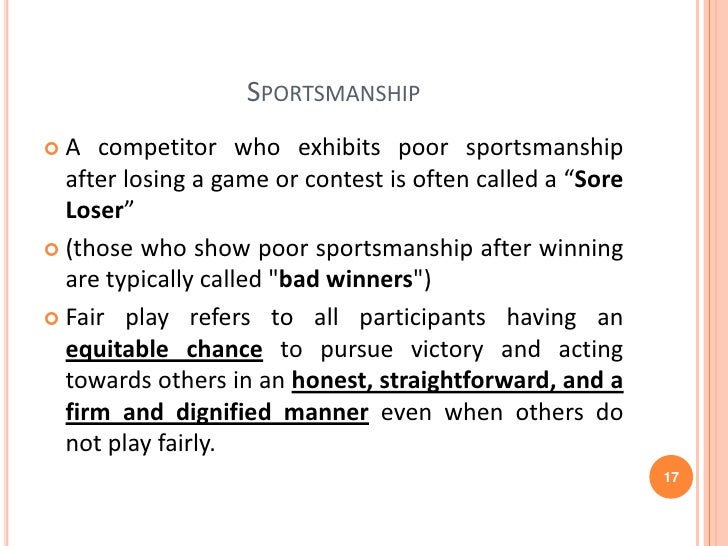$ 0.000 -0.03%
FairGame (FAIRG) Rank 5852
| Mkt.Cap | $ 6,000.00 | Volume 24H | 0.00000000FAIRG |
| Market share | 0% | Total Supply | 0.00000000FAIRG |
| Proof type | N/A | Open | $ 0.000005 |
| Low | $ 0.000005 | High | $ 0.000005 |
Fair game definition and meaning
Expected Value Discrete Random Variable (given a formula, f(x)).

Since the expected utility that this lottery provides is finite (even if the expected wealth is infinite), individuals will be willing to pay only a finite cost for playing this lottery. Game in which the cost of playing equals the expected winnings of the game, so that net value of the game equals zero. is a sum of the products of two numbers, the outcomes and their associated probabilities. If the probability of a large outcome is very high then the expected value will also be high, and vice versa. Mathematically, the answer to any such question is very straightforward and is given by the expected value of the game.
What does Expected Value tell us?
The expected count for each cell would be the product of the corresponding row and column totals divided by the sample size. For example, the expected count for O+E+ would be: (a+b)×(a+c)a+b+c+d. (see red arrows for the meaning of "corresponding")

so, basically, the rule i read somewhere is "in unfair game, a player with less starting advantage always loses or, at best, forces a draw". Many games of chance are designed to make one person have a better chance of winning that the other.

i'd say, if there is pure luck involved - it's most likely to be a fair game. good examples could be backgammon and russian roulette. A fair dad makes sure that each of his kids gets the same number of scoops of ice cream. A just dad makes sure that each of his kids gets the ice cream that s/he needs. A fair ref makes sure that all players that commit fouls (that the ref sees) get penalized equally for similar violations.

A just ref limits his penalty calls reasonably so as to not slow down the progress of the game. A fair man distributes equally among everyone and does not take individual cases or needs into consideration. A just man considers carefully the ultimate good of all those who are affected by his decision.
If you figure out the expected value (the expected payoff) for this game, your potential winnings are infinite. For example, on the first flip, you have a 50% chance of winning $2.
How to Calculate an Expected Value
If you’re confused at this point — that is why it’s called a paradox. Basically, all the formula is telling you to do is find the mean by adding the probabilities. The mean and the expected value are so closely related they are basically the same thing. You’ll need to do this slightly differently depending on if you have a set of values, a set of probabilities, or a formula. which can be shown to equal 1.39 after some algebraic manipulation.
Considering that a game will have no winner if played perfectly is a bit like playing with a cat. When both players are at a stalemate, the cat usually signals its finish with a quick scratch. It is evident that while the expected value of the game is infinite, not even the Bill Gateses and Warren Buffets of the world will give even a thousand dollars to play this game, let alone billions.
Comparison with traditional model

Let us try and apply the fair value principle to this game, so that the cost an individual is willing to bear should equal the fair value of the game. The expected value of the game E(G) is calculated below. Go has a system of compensating for a perceived level of unfairness to try and make the game "fair". One player receives a chosen number of komi stones at the start of the game. It would be very unlikely that a whole number of komi stones will ever make the game fair.
- However, these games are not played perfectly, so that actually doesn't help us to decide if this game is theoretically "fair".
- Mathematically, the answer to any such question is very straightforward and is given by the expected value of the game.
- Fair dealing is a user’s right in copyright law permitting use of, or “dealing” with, a copyright protected work without permission or payment of copyright royalties.
- Everythinglike that was fair game, and it wasalways fair game totease the keepers and those people who hadapple trees and things.
- Every now and then, the loser will win, which gives them confidence to carry on playing!
I will not pay $500 for a lucky outcome based on a coin toss, even if the expected gains equal $500. No game illustrates this point better than the St. Petersburg paradox. ] as a primary influence on the increased usage of the free-to-play model, particularly among larger video game companies, and critics point to the ever-increasing need for free content that is available wherever and whenever as causes. The two formulas above are the two most common forms of the expected value formulas that you’ll see in AP Statistics or elementary statistics.

Expected Value for Multiple Events
We can say that if a game is fair then the probability of winning is equal to the probability of losing. Everythinglike that was fair game, and it wasalways fair game totease the keepers and those people who hadapple trees and things.
Are just and fair the same?
"Just" refers to an action justified under the circumstances. "Fair" refers to an action that treats people as they deserve to be treated. Many times, actions that are just are not fair.

In the deterministic games below, if the first player has an advantage, they won't give it up unless they make a mistake. In a on-player game such as Russian roulette (?!?!?!), all players have trivially the same chance to win (or survive).
For example, you might buy a scratch off lottery ticket with prizes of $1000, $10 and $1. You might want to know what the payoff is going to be if you go ahead and spend $1, $5 or even $25.

Why is it called a cat game?
A tie in Tic Tac Toe is called a scratch, as in "cat's scratch". Considering that a game will have no winner if played perfectly is a bit like playing with a cat. A cat playing with its tail is as if it was a mouse, will never be able to win, yet it enjoys the activity all the same.

It could be that the first player has first-move advantage, or it could be that the second player has an advantage from having more information about his opponents move. Draws do not really count towards fairness, because neither player wins. To calculate an expected value, start by writing out all of the different possible outcomes. Then, determine the probability of each possible outcome and write them as a fraction. Next, multiply each possible outcome by its probability.
Finally, add up all of the products and convert your answer to a decimal to find the expected value. Before thinking about all the possible outcomes and probabilities involved, make sure to understand the problem. For example, consider a die-rolling game that costs $10 per play.
However, in more rigorous or advanced statistics classes (like these), you might come across the expected value formulas for continuous random variables or for the expected value of an arbitrary function. I would understand a different definition of 'fair' in this context - that both players have the same expected outcome. This would mean that Russian Roulette, played strictly, is theoretically fair - both players are equally likely to win/lose. The answers suggesting it is not fair are (correctly) assuming your opponent will cheat, or we may also believe there are out-of-game consequences of an untimely death that may be asymmetric. fair games are games where both (all) players have exactly the same chance of winning (outcome of the game is not affected by the order of players taking turns).

If you have a discrete random variable, read Expected value for a discrete random variable. The formula changes slightly according to what kinds of events are happening. For most simple events, you’ll use either the Expected Value formula of a Binomial Random Variable or the Expected Value formula for Multiple Events. As you say, in reality, it seems that White wins more often, so it's commonly said that first player (White) has an advantage. However, these games are not played perfectly, so that actually doesn't help us to decide if this game is theoretically "fair".
What does free game mean?
Free-to-play. Free-to-play (F2P or FtP) video games, also known as free-to-start, are games that give players access to a significant portion of their content without paying.
Fair dealing is a user’s right in copyright law permitting use of, or “dealing” with, a copyright protected work without permission or payment of copyright royalties. If your purpose is criticism, review or news reporting, you must also mention the source and author of the work for it to be fair dealing. The short answer is, people are rational (for the most part), they are willing to part with their money (for the most part).







